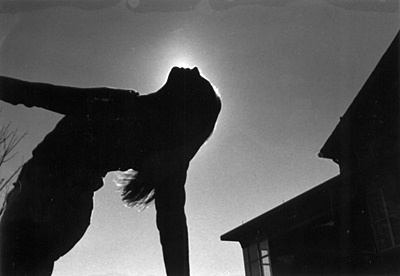All Nonfiction
- Bullying
- Books
- Academic
- Author Interviews
- Celebrity interviews
- College Articles
- College Essays
- Educator of the Year
- Heroes
- Interviews
- Memoir
- Personal Experience
- Sports
- Travel & Culture
All Opinions
- Bullying
- Current Events / Politics
- Discrimination
- Drugs / Alcohol / Smoking
- Entertainment / Celebrities
- Environment
- Love / Relationships
- Movies / Music / TV
- Pop Culture / Trends
- School / College
- Social Issues / Civics
- Spirituality / Religion
- Sports / Hobbies
All Hot Topics
- Bullying
- Community Service
- Environment
- Health
- Letters to the Editor
- Pride & Prejudice
- What Matters
- Back
Summer Guide
- Program Links
- Program Reviews
- Back
College Guide
- College Links
- College Reviews
- College Essays
- College Articles
- Back
What is Creativity?
Creativity has been the topic of discussion for many years from centuries, and has even been a topic philosophized by the ancient Greeks, and is now a popular discussion in Psychology today. So it is only natural for us to pose the question: “What is Creativity?”
The dictionary defines creativity as being the quality of being creative. You're probably thinking, “What is that supposed to mean?”If you are, then Kudos to you. By challenging the basic simplicity of the dictionaries definition of creativity, you yourself are being creative. Creativity is much more than just being creative, or using your imagination.
Creativity can be as simple as a general awareness that leads to greater enjoyment of your work or as complex as going through a troubleshoot process for an extended period of time to figure out a new solution to a problem. Creativity lies in our everyday actions, and thoughts. It is a natural part of our minds, body, and spirits. In other words we are all creative in our own ways. The only way in which we can not be creative is by believing that we are not creative and conforming to the norms of society, and submitting to Functional Fixedness.
Creativity can be expressed in many ways. For example, creativity can be expressed through problem solving. In many ways, simple troubleshooting an issue can be described as a process of creativity. By saying this, we are including IT technicians, geeks, engineers, baby-sitters, parents, and so many other positions that involve creativity.
You don't have to go through some kind of process to be creative. The common jogger can be out for a run on an average day and suddenly get a great idea out of nowhere. Sometimes the greatest ideas can come when we're not consciously thinking. For example, dreams and daydreams can be a greatly helpful in unleashing our inner creativity. In an article by D. Goleman, and P. Kaufman, it is stated that “ We are more open to insights from the unconscious mind when we are not think of anything in particular.”
Some believe that true creativity, and creativity that yields results, lies in action. So when we get an idea, and we don't put it out there, we are limiting the extent of our creativity by falling victim to the fear of failure. According to the article by D. Goleman, and P. Kaufman, in psychology they refer to it as self-censorship. It is basically an inner voice of judgment, and expression of self-doubt . In able to get over this, we have to stop focusing on the supposed glamorous result of creativity , and instead open ourselves to new possibilities, and accept that making mistakes is a part of creativity.
By losing the intensity of self-consciousness we are allowing ourselves to tap into a much more creative part of our being. So, stop censoring yourself, and tap into your inner creativity. We are all creative in our own ways, even if we and others don't realize it at first.

Similar Articles
JOIN THE DISCUSSION
This article has 1 comment.
